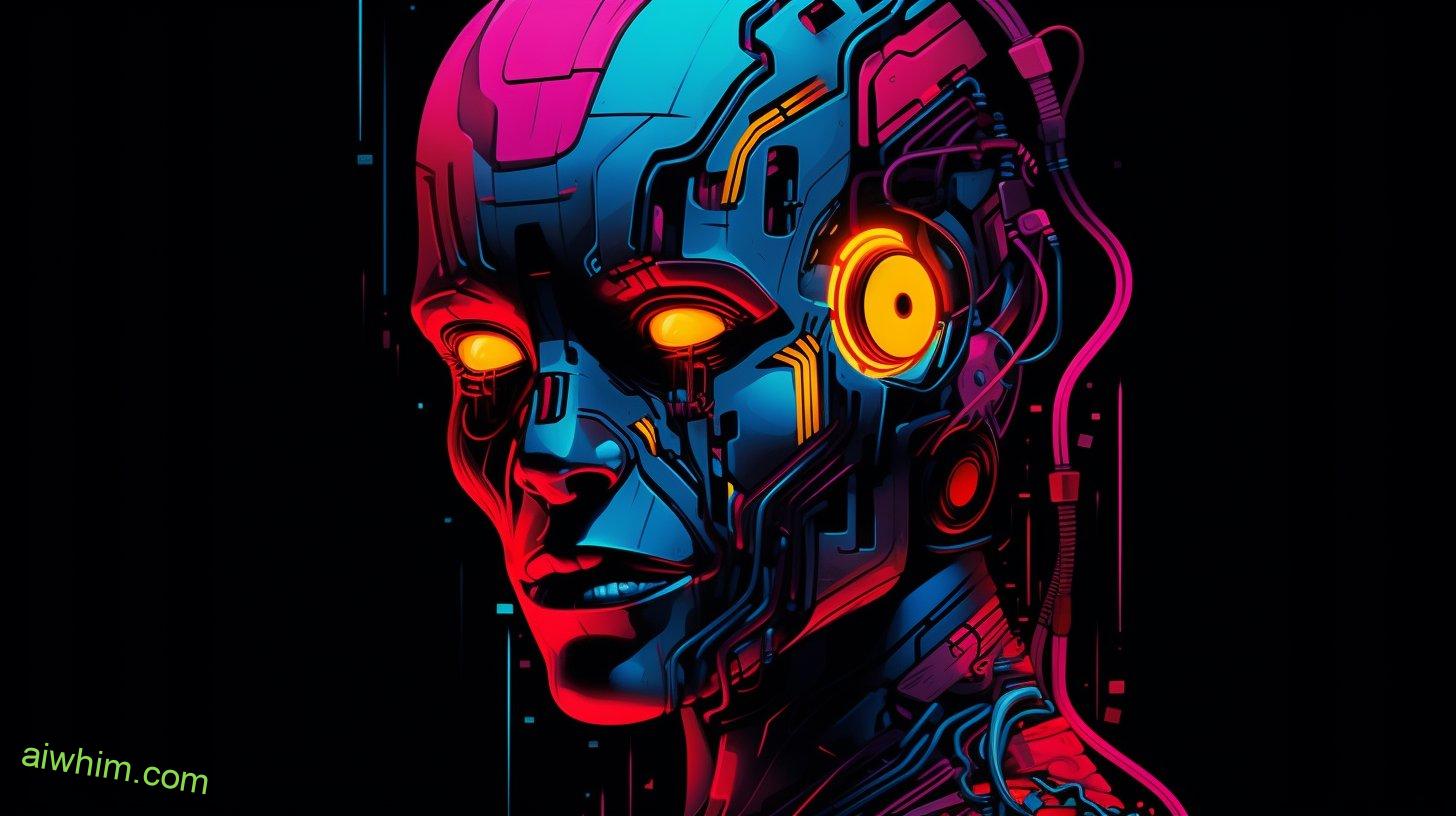Are you worried that your job as an aerospace engineer is on the line? Well, fear not! In this article, we’ll explore the role of AI in aerospace engineering and whether it poses a threat to your livelihood.
From current applications to the advantages and challenges faced, we’ll delve into how AI-driven automation is changing the game.
But don’t fret just yet – collaboration between humans and AI still holds great promise.
So buckle up and let’s navigate this ever-changing landscape together!
Key Takeaways
- AI automates tasks and speeds up the design process, improving efficiency in aerospace engineering.
- While AI enhances decision-making and problem-solving, human expertise is still essential for complex aerospace engineering tasks.
- AI-driven automation impacts the job market, increasing competition for aerospace engineers.
- Aerospace engineers need to acquire new skills and adapt to AI integration to stay relevant in an evolving industry.
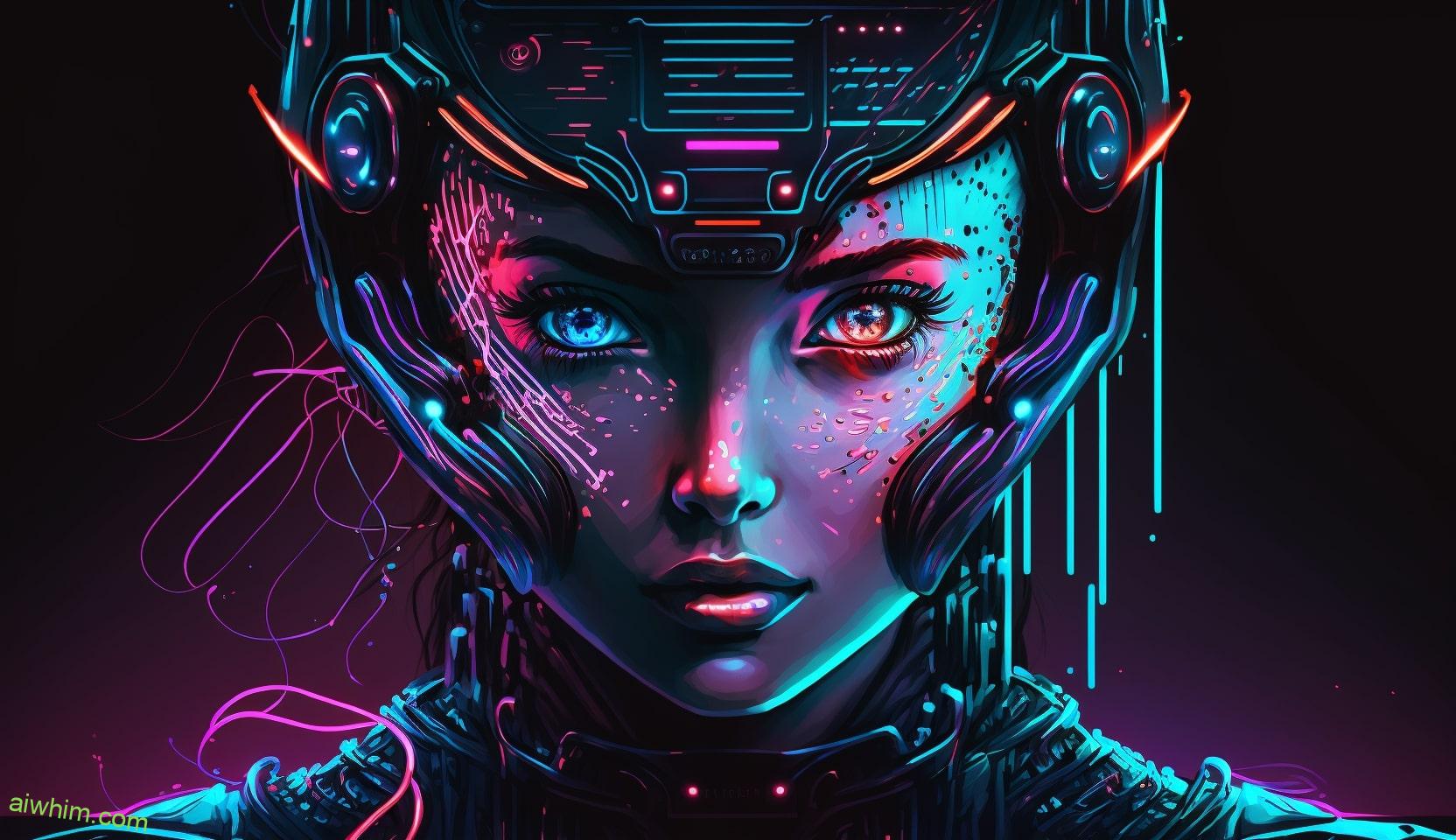
The Role of AI in Aerospace Engineering
You might be wondering how AI is impacting the role of aerospace engineers. Well, let me tell you, it’s both challenging and exciting!
Currently, one of the biggest challenges faced by aerospace engineers is the increasing complexity of designs and systems. As aircraft become more advanced, they require intricate design solutions that demand a tremendous amount of time and effort. This is where AI comes into play.
AI has the potential to revolutionize the field of aerospace engineering by automating certain tasks. For instance, AI algorithms can analyze massive amounts of data to identify patterns and make predictions. This not only speeds up the design process but also helps in optimizing performance and reducing costs. With AI assisting them, aerospace engineers can focus on more creative aspects of their work.
Looking towards future trends, AI is expected to continue playing a significant role in aerospace engineering. It will enable engineers to develop smarter aircraft with enhanced safety features and improved efficiency. Moreover, AI-powered simulations will allow for better testing and validation processes before physically constructing prototypes.
However, this doesn’t mean that AI will replace aerospace engineers entirely. While some routine tasks may be automated, there will always be a need for human expertise in complex decision-making and problem-solving situations. Engineers will still have an essential role in overseeing projects, ensuring regulatory compliance, and providing innovative solutions.
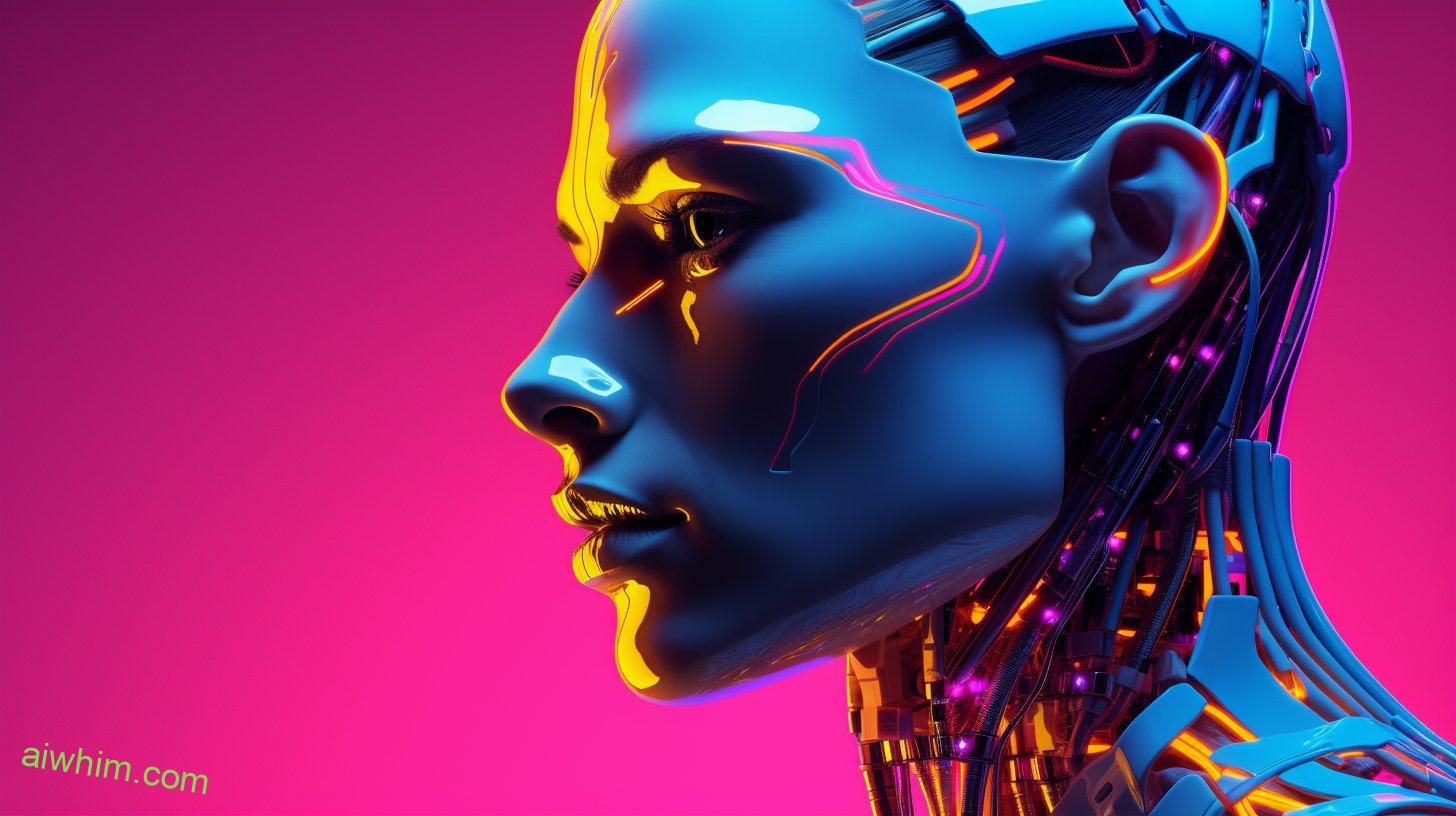
Current Applications of AI in the Aerospace Industry
Explore the various ways AI is currently being utilized in the aerospace industry. AI has made significant advancements in recent years, revolutionizing many aspects of the aerospace industry. Here are some current applications of AI and its impact on design and development processes:
- Autonomous Systems: AI-powered autonomous systems have been integrated into aircraft, enabling them to operate with minimal human intervention. These systems can perform tasks such as takeoff and landing, navigation, and even decision-making during emergencies.
- Predictive Maintenance: AI algorithms are used to analyze data from sensors embedded in aircraft components. This helps detect potential issues before they escalate, allowing for proactive maintenance and minimizing downtime.
- Flight Simulations: AI is employed to create realistic flight simulations for training pilots. These simulations provide a safe environment for pilots to practice various scenarios without risking lives or equipment.
- Data Analysis: The aerospace industry generates vast amounts of data that can be overwhelming for humans to analyze effectively. AI algorithms can quickly process this data, identifying patterns and trends that enable more informed decision-making.
- Design Optimization: By leveraging machine learning algorithms, engineers can optimize the design of aircraft components and systems. This results in improved performance, efficiency, and safety.
The impact of AI on the design and development processes within the aerospace industry cannot be overstated. It has not only increased efficiency but also enhanced safety by reducing human error. With further advancements in AI technology, we can expect even greater integration of artificial intelligence into every aspect of the aerospace industry—pushing boundaries beyond what was previously thought possible.

Advantages of AI in Aerospace Engineering
The advantages of AI in aerospace engineering are evident in the improved efficiency and accuracy of design optimization processes. With AI, you have the power to revolutionize the field and push boundaries like never before. Imagine being able to streamline complex calculations and simulations, saving valuable time and resources.
AI can analyze vast amounts of data quickly, identifying patterns and making informed decisions that would take humans much longer to achieve. Innovation is at the heart of aerospace engineering, and AI fuels this innovation by enabling engineers to explore new possibilities. Through machine learning algorithms, AI can learn from past designs and generate innovative solutions that were previously unexplored. This opens up a world of opportunities for creating more efficient aircraft designs, reducing fuel consumption, and enhancing overall performance.
Furthermore, AI allows for real-time monitoring of aircraft systems during flight. By continuously analyzing sensor data, it can detect abnormalities or potential issues early on. This proactive approach helps prevent failures or accidents before they occur, ensuring safer flights for everyone involved.
AI also plays a significant role in automating repetitive tasks in aerospace engineering. It takes over routine calculations and simulations so that engineers can focus on more creative aspects of their work. This not only saves time but also enhances productivity and frees up mental space for critical thinking.
Overall, embracing AI in aerospace engineering offers undeniable advantages – increased efficiency, enhanced innovation capabilities, improved safety measures, and streamlined workflows. As technology continues to evolve rapidly, harnessing the power of AI will be crucial for staying at the forefront of this exciting industry while enjoying the freedom to explore new horizons.

Challenges Faced by Aerospace Engineers in the Age of AI
One of the challenges faced by aerospace engineers in the age of AI is adapting to the changing roles and responsibilities within their field. As technology continues to advance, it brings both opportunities and challenges for those in the aerospace industry. Here are some key challenges that aerospace engineers must navigate in this evolving landscape:
- Shift in job requirements: With the integration of AI technologies, aerospace engineers need to acquire new skills and knowledge to keep up with the changing demands of their profession.
- Ethical considerations: As AI becomes more prevalent in aerospace engineering, engineers must grapple with ethical dilemmas related to safety, privacy, and security.
- Collaboration with AI systems: Aerospace engineers are increasingly working alongside AI systems, which requires effective communication and collaboration between humans and machines.
- Job market competition: The rise of AI has led to concerns about job security among aerospace engineers. It’s crucial for professionals in this field to stay updated on emerging technologies and continuously enhance their skill set.
- Continual learning: Aerospace engineers must embrace a mindset of lifelong learning to remain relevant in an industry that is rapidly evolving due to advancements in AI.
While these challenges may seem daunting, they also present opportunities for growth and innovation. By embracing change and actively adapting to new technologies, aerospace engineers can position themselves as valuable contributors within an industry driven by technological advancements.
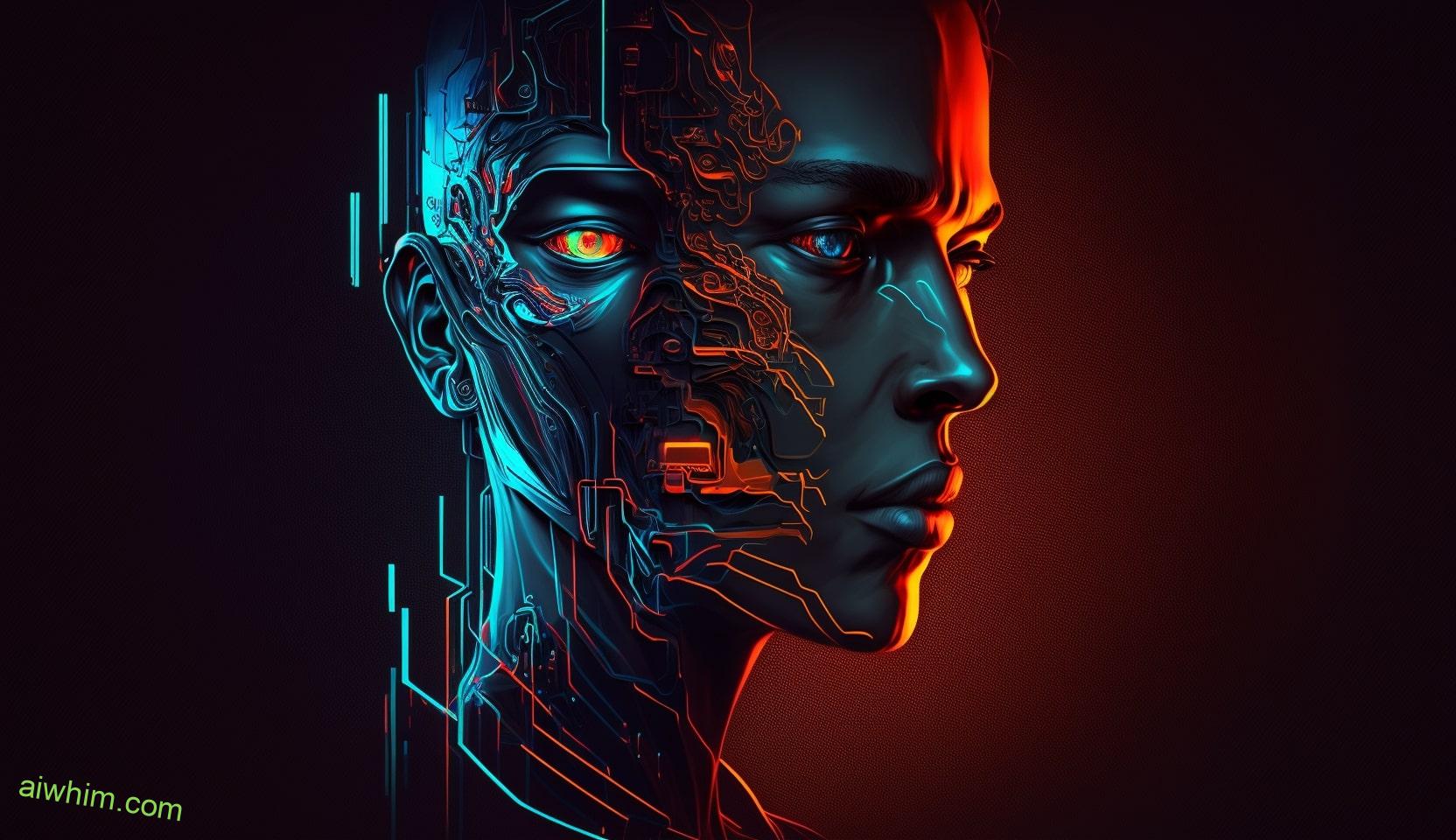
AI-Driven Automation in Aerospace Engineering
With the increasing integration of AI-driven automation, you must adapt and embrace new technologies to stay competitive in an evolving aerospace engineering industry. The impact of AI-driven automation on the job market is a topic of concern for many professionals like yourself. While it is true that AI has the potential to automate certain tasks traditionally performed by aerospace engineers, it does not necessarily mean that your job will be replaced entirely.
AI-driven automation in aerospace engineering can actually have a positive impact on your work. It can streamline processes, increase productivity, and improve overall efficiency. By automating repetitive and mundane tasks, you will have more time to focus on complex problem-solving and innovation. This means that your role as an aerospace engineer will evolve rather than disappear.
It is important to understand that AI is a tool that can enhance your skills and capabilities as an engineer. By leveraging AI-driven automation, you can access vast amounts of data and perform simulations with greater accuracy and speed. This enables you to make informed decisions and design better aircraft systems.
However, it is crucial for you to develop new skills to keep up with these advancements in technology. Embracing AI-driven automation requires learning how to effectively use these tools and understanding their limitations. By staying proactive in updating your knowledge and skills, you can ensure that you remain valuable in this changing landscape.

Impact of AI on Design and Development Processes
By embracing AI-driven automation, you can enhance your design and development processes. Artificial Intelligence has the potential to revolutionize the way aerospace engineers work, bringing forth numerous benefits and opportunities. Here are five key ways in which AI can impact your workflow:
- Increased Efficiency: AI-powered tools can automate repetitive tasks, allowing you to focus on more complex and creative aspects of your work. This automation saves time and improves overall productivity.
- Enhanced Accuracy: With AI algorithms analyzing vast amounts of data, you can make more informed decisions during the design and development process. This leads to higher accuracy in predicting performance outcomes.
- Improved Safety: By integrating AI into engineering processes, engineers can identify potential risks or flaws in their designs before they become actual problems. This proactive approach helps ensure safer aircraft systems.
- Streamlined Collaboration: AI technologies facilitate seamless collaboration among team members by providing real-time data sharing capabilities. This enables efficient communication across different disciplines, leading to better coordination and faster problem-solving.
- Mitigated Integration Challenges: While implementing AI may come with initial integration challenges, once overcome, it can significantly streamline the entire design and development process. Collaborating with experts who specialize in both aerospace engineering and AI technology will be crucial in overcoming these challenges effectively.
As an engineer looking for freedom in your work, integrating AI-driven automation into your design and development processes is essential for staying ahead of the curve. Embracing these advancements will not only enhance your workflow but also create new opportunities for growth while ensuring a secure future amidst evolving technologies.
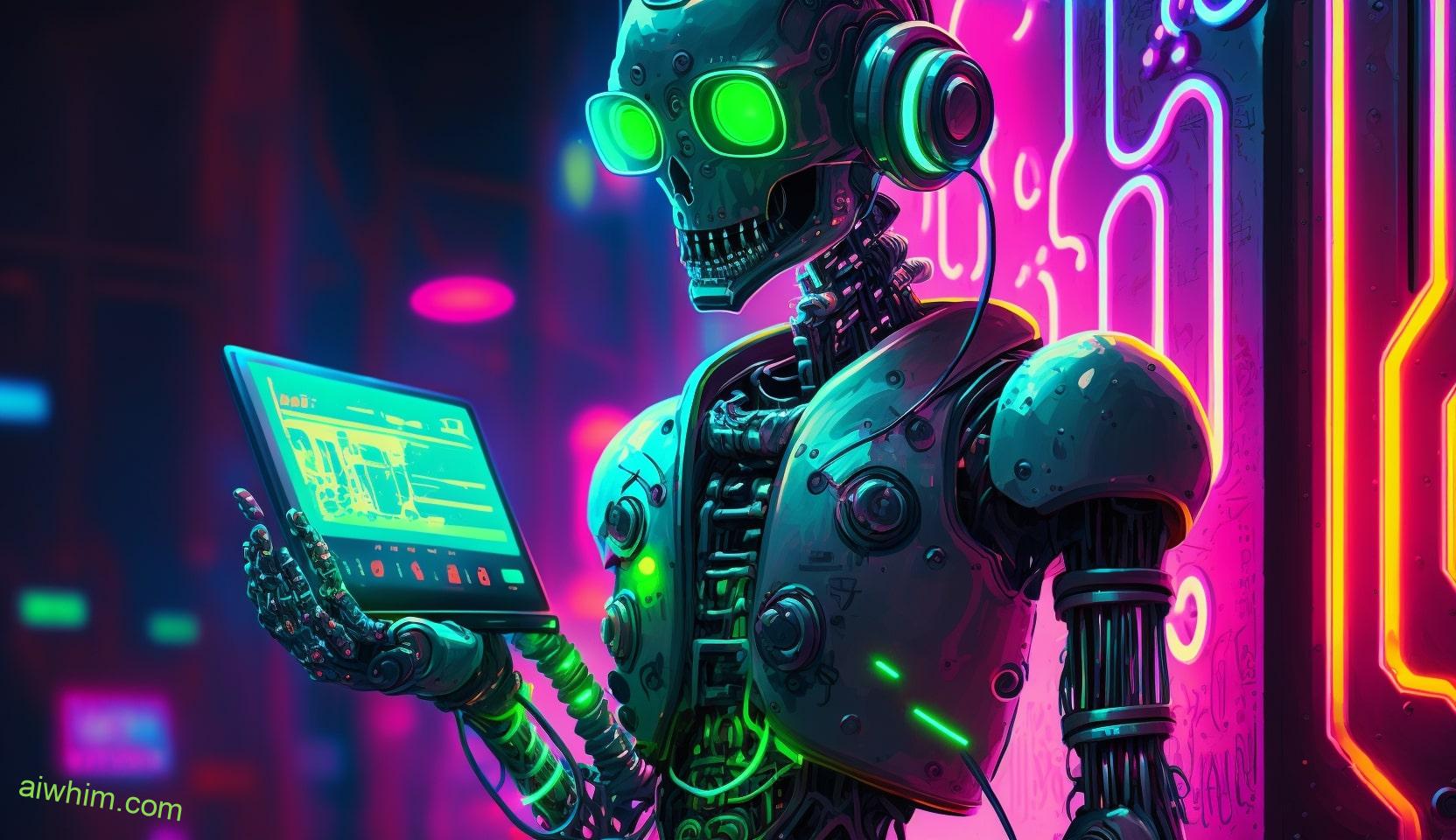
Enhancing Efficiency and Safety With AI in Aerospace Engineering
To enhance efficiency and safety in aerospace engineering work, integrating AI-driven automation is crucial. Rapid advancements in artificial intelligence technology allow for incorporating AI into various aspects of aircraft maintenance and operation, significantly improving overall performance.
One area where AI can contribute significantly is in improving aircraft maintenance processes. AI-powered systems can analyze large amounts of data from sensors and onboard systems to detect potential issues or anomalies that may arise during flight or regular operations. These systems continuously monitor the health of different components, identifying problems early on and allowing for proactive maintenance before major failures occur. This reduces downtime and ensures that the aircraft remains in optimal condition for longer periods, minimizing the risk of accidents or incidents.
Furthermore, AI algorithms can optimize fuel consumption by constantly analyzing factors such as weather conditions, route efficiency, and engine performance. Real-time adjustments to flight parameters like speed and altitude based on these analyses maximize fuel efficiency without compromising safety.
Integrating AI technologies into aerospace engineering also offers engineers more freedom to focus on complex problem-solving tasks rather than mundane repetitive ones. Automation through AI-driven systems streamlines workflows and enhances productivity by delegating routine tasks to machines, allowing engineers to tackle more challenging assignments.
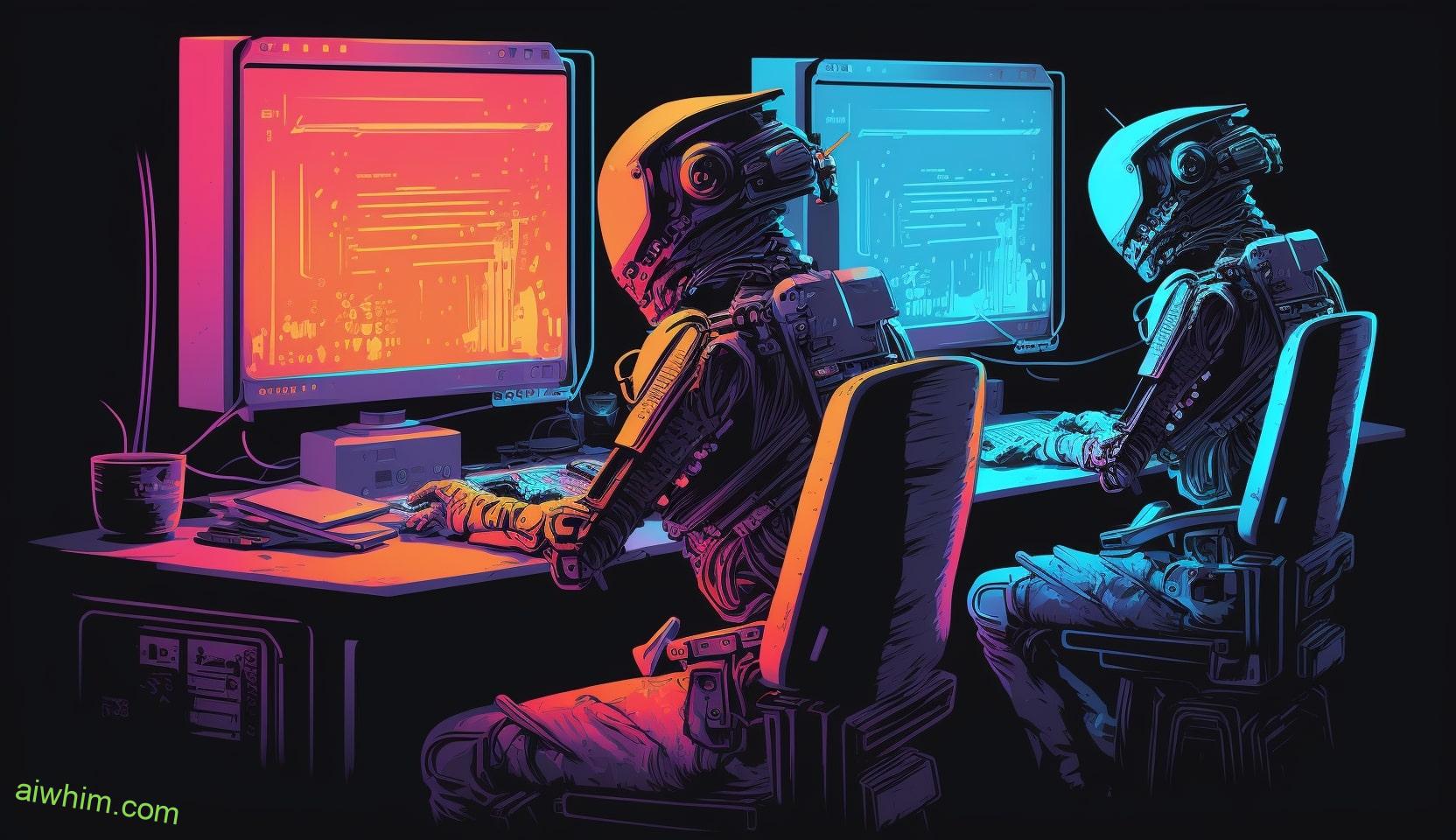
Addressing Ethical Considerations in AI-Driven Aerospace Engineering
Addressing ethical considerations in AI-driven aerospace engineering is essential for ensuring the responsible development and deployment of these technologies. As we continue to integrate artificial intelligence into our aircraft systems, it becomes crucial to think about the broader implications and consequences. Here are some key points to consider:
- Transparency: It’s important that AI algorithms used in aerospace engineering are transparent and explainable. This allows engineers and regulators to understand how decisions are being made, ensuring accountability and avoiding biases.
- Privacy: With increased use of AI, there may be concerns regarding data privacy. Aerospace engineers must ensure that personal data collected by AI systems is handled securely, with appropriate consent from individuals involved.
- Safety: The safety of passengers should always be a top priority. It’s vital for aerospace engineers to develop AI systems that prioritize safety over other factors, such as efficiency or cost-cutting measures.
- Job Displacement: While automation can improve efficiency, it may also lead to job displacement. Engineers need to find ways to mitigate this impact by upskilling themselves or transitioning into new roles created by the integration of AI.
- Human Oversight: Even with advanced AI capabilities, human oversight remains crucial in aerospace engineering. Engineers should establish mechanisms for human intervention when necessary, ensuring that decisions made by AI align with ethical standards.

The Future of Aerospace Engineering With AI
Embracing the future of aerospace engineering means recognizing the transformative potential of AI technology. The impact of AI on aerospace innovation is undeniable and has the power to revolutionize the industry as we know it. With advancements in machine learning and data analysis, AI can optimize aircraft design, streamline manufacturing processes, and enhance air traffic control systems. This fusion of aerospace engineering and artificial intelligence opens up new possibilities for efficiency, safety, and sustainability.
However, you may wonder about the future job market for aerospace engineers with the rise of AI. Will there still be a need for human expertise in this field? The answer is yes. While AI can automate certain tasks and improve overall productivity, it cannot replace the creativity and critical thinking skills that humans bring to the table.
As an aerospace engineer embracing this technological shift, your role will evolve rather than disappear. You will work alongside AI systems to develop innovative solutions that push boundaries and drive progress in aviation. Your expertise will be indispensable in designing complex structures, conducting simulations, analyzing data patterns, and ensuring regulatory compliance.
Moreover, as AI takes on routine tasks like data processing or maintenance checks, you will have more time to focus on higher-level problem-solving and strategy development. This shift allows you to fully utilize your skills while expanding your knowledge base in emerging fields such as autonomous flight or space exploration.
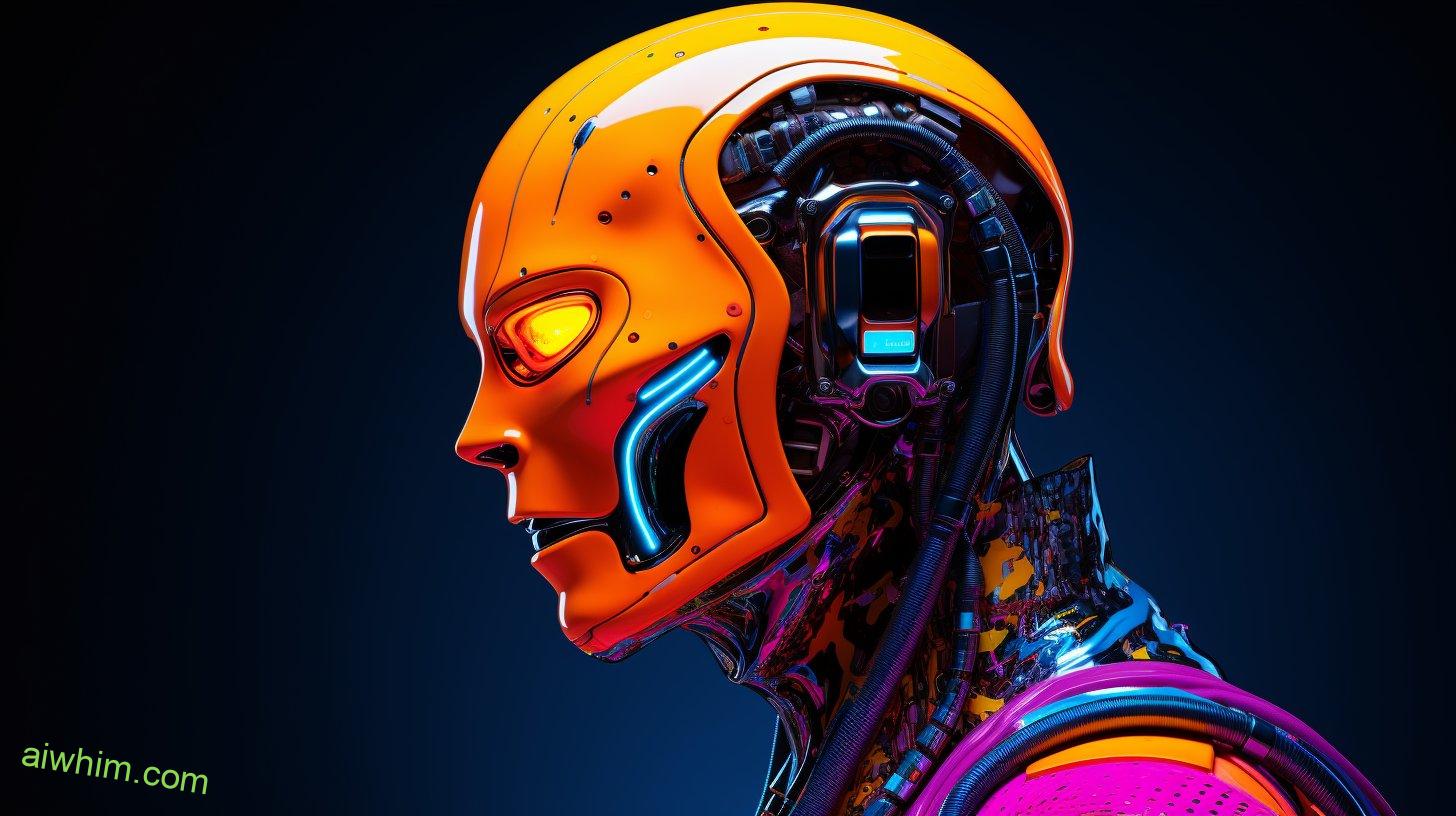
Potential Job Disruptions in Aerospace Engineering
As an aerospace engineer, you may be concerned about the potential disruptions in the job market due to the integration of AI technology. However, it is important to remember that while AI has the potential to automate certain tasks, it also opens up new opportunities and enhances your future prospects in this dynamic field.
Here are some key points to consider:
- Job displacement is not inevitable: While there may be some tasks that can be automated by AI, your specialized skills and expertise as an aerospace engineer cannot be easily replicated by machines.
- AI can enhance productivity: By leveraging AI technologies, you can streamline processes and improve efficiency in various aspects of aerospace engineering. This means you can focus on more complex and creative projects.
- New roles will emerge: As technology advances, new roles will emerge within the aerospace industry. For example, there will be a growing need for professionals who can develop and maintain AI systems or analyze data collected from these systems.
- Collaboration with AI: Rather than replacing humans, AI has the potential to work alongside aerospace engineers. It can assist in data analysis, design optimization, and simulation modeling.
- Continuous learning is crucial: To stay competitive in this evolving landscape, it’s important to embrace lifelong learning. Keep up with advancements in AI technology and invest in developing complementary skills that align with future demands.
Overall, while there may be concerns about job displacement, integrating AI into aerospace engineering offers exciting possibilities for innovation and growth. Embrace the opportunities that arise from this technological transformation and continue honing your unique skill set to thrive in a changing job market.

Reskilling and Adaptability for Aerospace Engineers
To remain competitive in the ever-changing field of aerospace engineering, it’s crucial for you to actively reskill and adapt to new technologies and industry trends. As an aerospace engineer, you understand that reskilling is not just a choice, but a necessity to secure your future job prospects.
The rapid advancements in technology have brought about reskilling challenges that you must overcome. As automation and artificial intelligence continue to advance, traditional job roles are evolving. While some positions may be at risk of being automated, there will always be a need for skilled professionals who can work alongside these technologies. It’s important for you to embrace this change and acquire new skills that complement the emerging trends in the industry.
One of the key challenges you might face when reskilling is keeping up with the pace at which technology is advancing. The field of aerospace engineering is dynamic, with new innovations occurring regularly. This means that your learning should be continuous, allowing you to stay up-to-date with the latest tools and techniques.
Additionally, adapting to new technologies requires flexibility and an open mindset. Embracing change can be daunting, but it also presents exciting opportunities for growth and development. By actively seeking out training programs, attending workshops or conferences, and collaborating with experts in your field, you can expand your skillset and increase your value as an aerospace engineer.
While reskilling may present its own set of challenges, it also opens doors to future job prospects in emerging areas such as space exploration, unmanned aerial vehicles (UAVs), electric aircrafts, and sustainable aviation. By proactively staying ahead of industry trends through reskilling efforts, you position yourself as a valuable asset within the aerospace engineering community.
Remember that adaptability is key in this ever-evolving field. By continuously enhancing your skills and embracing technological advancements with enthusiasm rather than fear, you can ensure a bright future filled with exciting possibilities as an aerospace engineer.
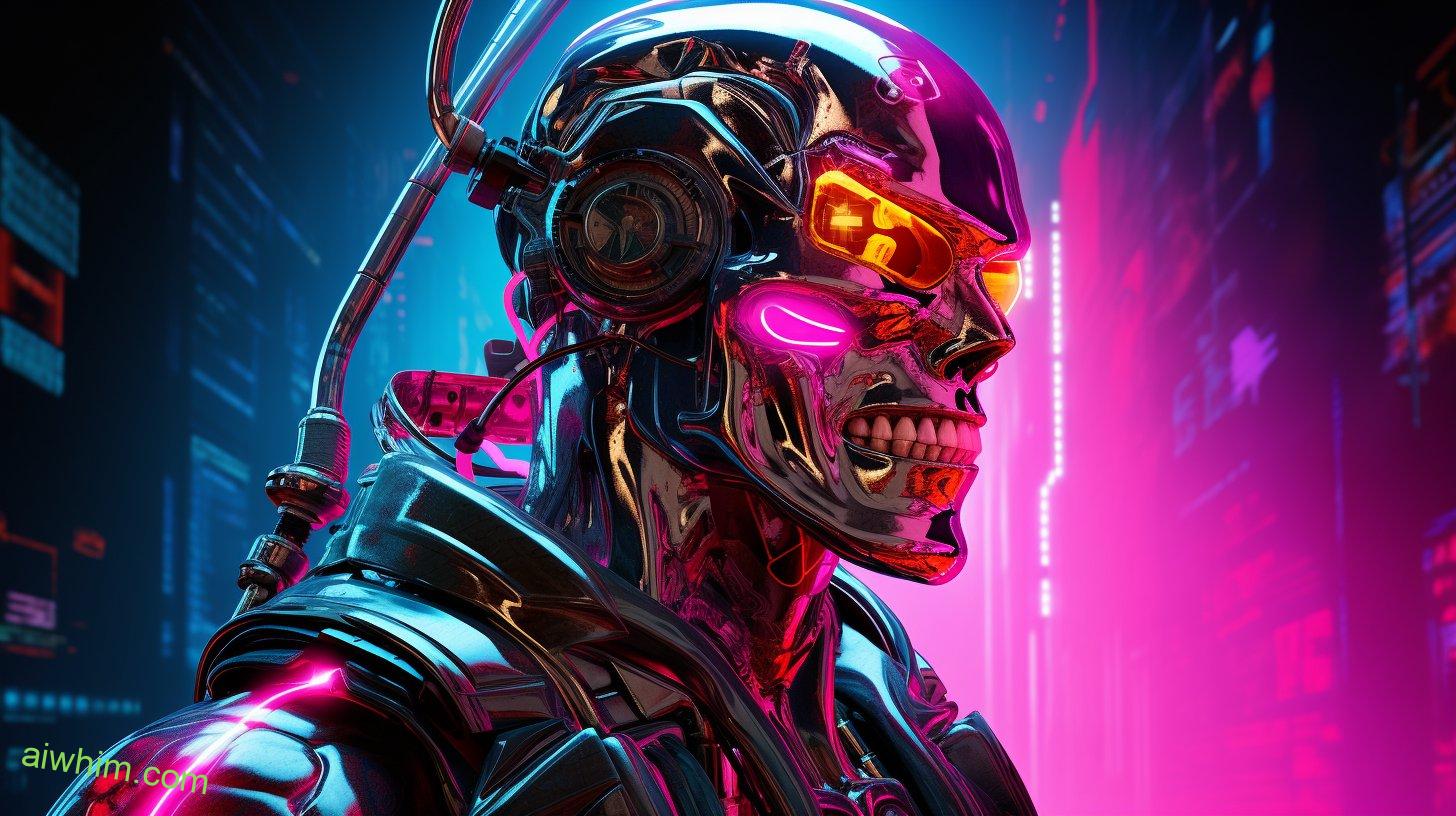
Collaboration Between Humans and AI in Aerospace Engineering
Remember, you can achieve great results by working together with AI technology in the field of aerospace engineering. Human AI collaboration is revolutionizing the way we approach complex problems and creating exciting opportunities for both engineers and AI systems. The impact on the job market is significant, but it doesn’t have to be negative.
Here are five ways in which collaborating with AI can enhance your work and empower you in the aerospace industry:
- Increased Efficiency: By partnering with AI systems, you can streamline your workflow and perform tasks more efficiently than ever before. AI algorithms can analyze vast amounts of data quickly, allowing you to make informed decisions faster.
- Improved Safety: With advanced machine learning capabilities, AI technology can detect potential risks or failures that humans might miss. By combining human expertise with AI’s ability to process immense amounts of data, aerospace engineers can ensure safer designs and operations.
- Innovative Solutions: Collaboration with AI opens up new possibilities for innovation in aerospace engineering. By leveraging machine learning algorithms and predictive modeling, engineers can develop groundbreaking ideas and solutions that were previously unimaginable.
- Enhanced Creativity: Contrary to popular belief, working alongside AI does not stifle creativity; it amplifies it. When routine tasks are automated through artificial intelligence, engineers have more time to focus on brainstorming creative solutions and pushing boundaries.
- New Career Opportunities: While some jobs may undergo changes due to automation, human-AI collaboration creates new career paths within aerospace engineering. Professionals who embrace this collaboration will find themselves at the forefront of technological advancements, leading teams that leverage the power of both human ingenuity and machine intelligence.
Embracing collaboration between humans and AI technology allows us to harness their respective strengths while fostering a dynamic environment where innovation thrives. Rather than fearing job loss, let us embrace this partnership as an opportunity for growth and advancement in the ever-evolving field of aerospace engineering.

AI-Powered Decision-Making in Aerospace Engineering
By leveraging AI-powered decision-making, you can make informed choices quickly and efficiently in the aerospace industry. The integration of AI in aircraft manufacturing and aerospace maintenance has revolutionized the way engineers approach their work.
In aircraft manufacturing, AI plays a crucial role in improving efficiency and accuracy. Through machine learning algorithms, engineers can analyze vast amounts of data to identify potential design flaws or areas for improvement. This enables them to optimize the manufacturing process, reduce costs, and enhance safety standards. With AI’s ability to learn from previous designs and simulations, engineers can also predict potential issues before they occur, allowing for preemptive measures to be taken.
Similarly, in aerospace maintenance, AI brings significant advantages. By monitoring real-time data from sensors installed on aircraft components, AI systems can detect anomalies or deviations from normal operating conditions. This helps engineers identify potential failures or malfunctions before they become critical issues. Additionally, by analyzing historical data on maintenance records and performance metrics, AI algorithms can generate recommendations for maintenance schedules and part replacements based on actual usage patterns rather than generic guidelines.
The integration of AI-powered decision-making not only enhances efficiency but also frees up valuable time for engineers to focus on more complex tasks that require human expertise and creativity. Instead of spending hours sifting through mountains of data manually, you can rely on intelligent algorithms to provide you with accurate insights and actionable recommendations.
Embracing this technology empowers you as an engineer by providing you with new tools to make informed decisions swiftly while ensuring the highest standards of safety and quality in both aircraft manufacturing and aerospace maintenance processes.
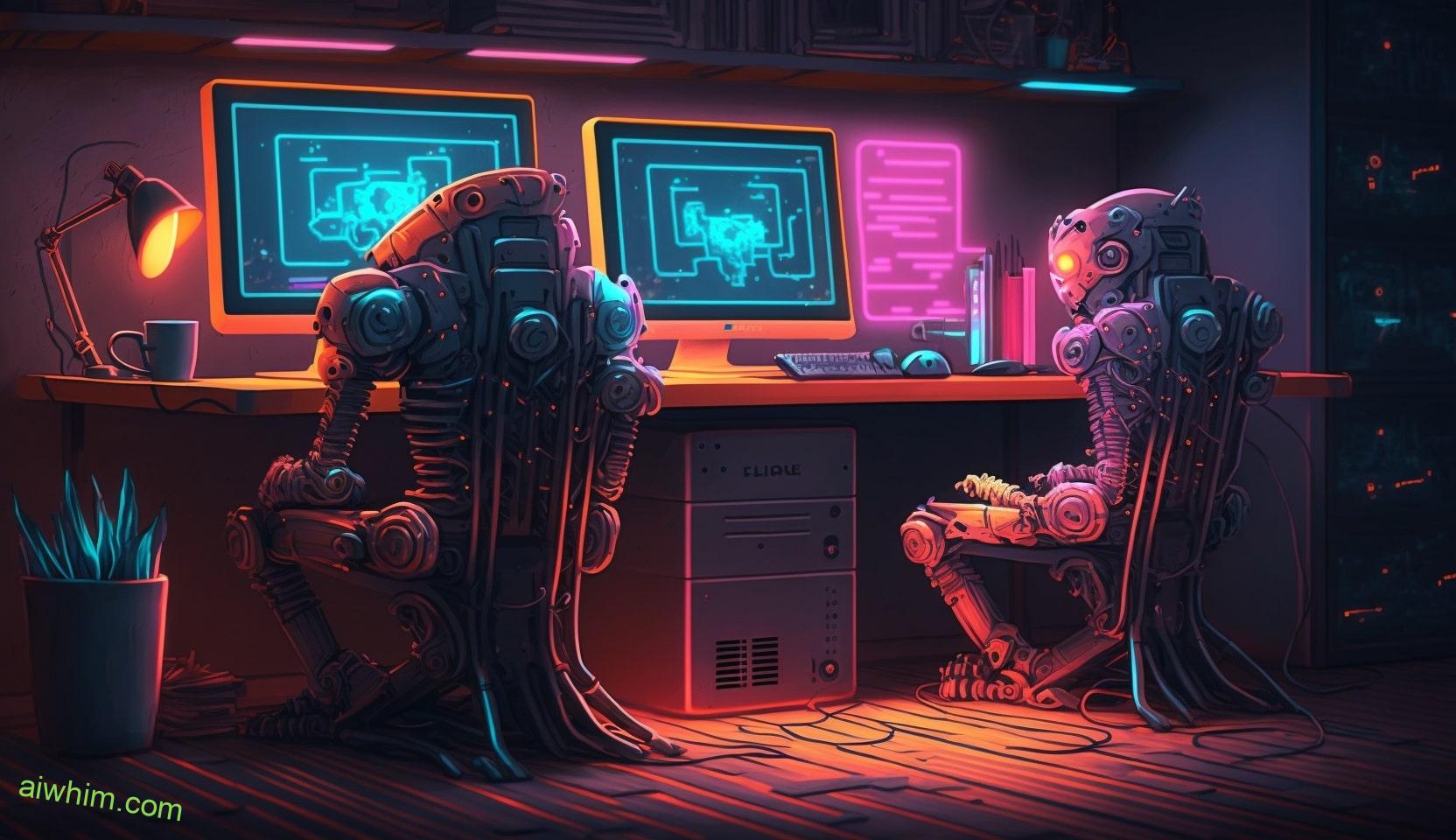
AI in Space Exploration and Satellite Technology
You can explore the vastness of space and advance satellite technology with the help of AI. Artificial intelligence (AI) has revolutionized various industries, and its impact on space exploration and satellite technology is no exception.
With AI, we are able to delve deeper into the mysteries of the universe and push the boundaries of our knowledge. Here are some ways in which AI is transforming space exploration and satellite technology:
- Autonomous Navigation: AI enables satellites to navigate through space autonomously, making real-time decisions based on changing conditions.
- Data Analysis: AI algorithms can analyze massive amounts of data collected by satellites, helping scientists identify patterns, discover new celestial bodies, and understand complex phenomena like black holes or gravitational waves.
- Remote Sensing: Satellites equipped with AI-powered sensors can monitor Earth’s atmosphere, oceans, weather patterns, and natural disasters more efficiently than ever before.
- Spacecraft Maintenance: AI systems onboard spacecraft can detect anomalies in equipment performance or potential failures, allowing for timely maintenance or repairs.
- Communication Systems: AI algorithms optimize signal transmission between ground stations and satellites, ensuring reliable communication even in challenging conditions.
By leveraging the power of artificial intelligence in space exploration and satellite technology, we have unlocked endless possibilities for scientific discoveries and technological advancements. The freedom to explore beyond our planet’s atmosphere has never been more promising.
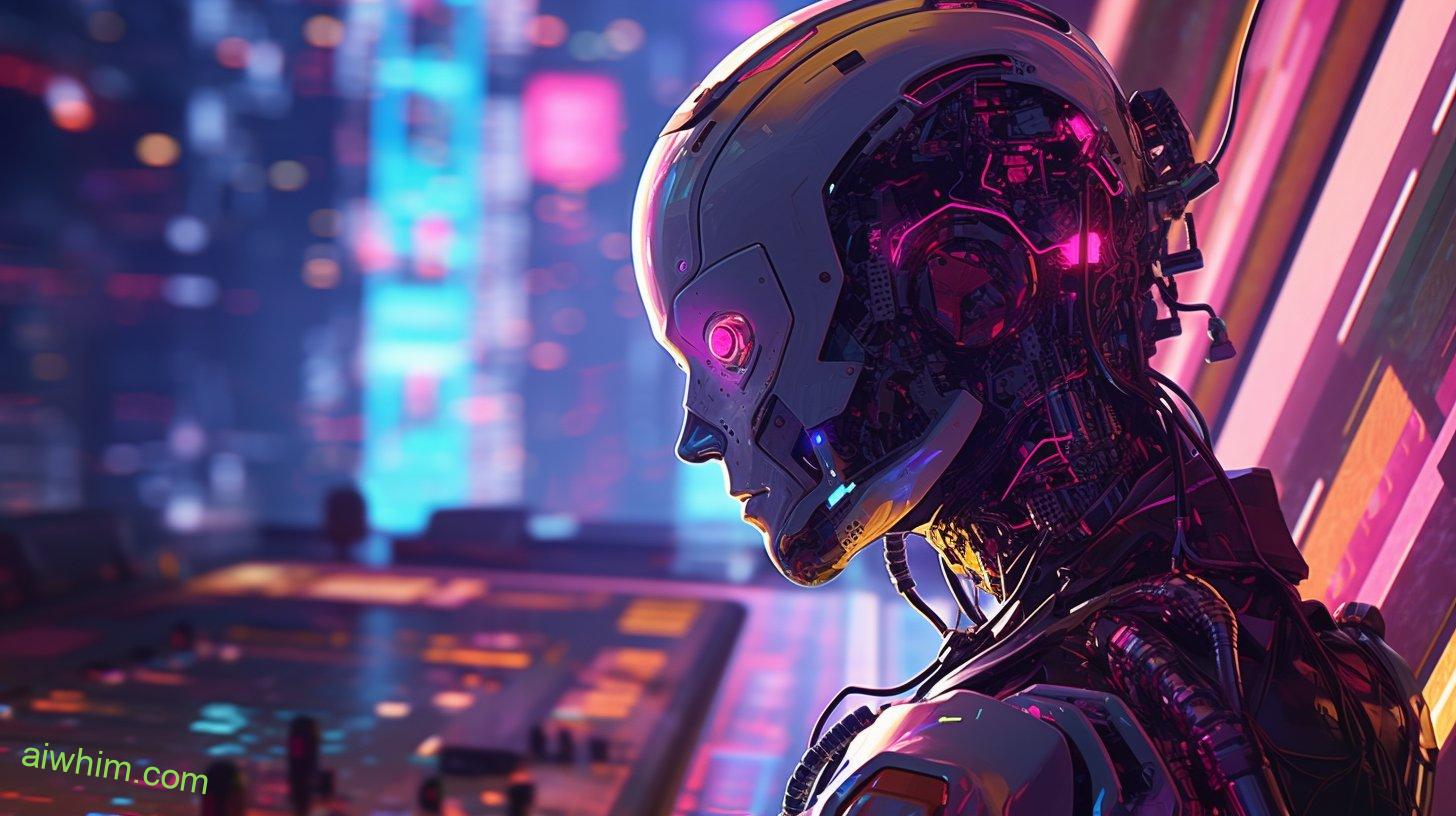
Explore how AI is reshaping the field of aerospace engineering and navigating the evolving landscape.
In today’s rapidly advancing world, AI has become a game-changer in many industries, and aerospace engineering is no exception. With AI technology making significant strides, it has found its way into various aspects of aerospace engineering, revolutionizing flight simulation and transforming aircraft maintenance.
AI in flight simulation has brought about a new era of realism and efficiency. Gone are the days when engineers relied solely on manual calculations to predict an aircraft’s behavior in different conditions. Now, AI algorithms can accurately simulate complex flight scenarios, providing valuable insights into aerodynamics and performance. This not only saves time but also enables engineers to make informed decisions during the design and testing phases.
Moreover, the impact of AI on aircraft maintenance cannot be overstated. By analyzing vast amounts of data from sensors embedded within aircraft systems, AI algorithms can detect anomalies or potential failures before they occur. This predictive maintenance approach not only enhances safety but also reduces costly downtime for repairs. With real-time monitoring capabilities powered by AI, aerospace professionals can effectively manage maintenance schedules and address issues proactively.
While some may worry that AI will replace human expertise in aerospace engineering, it is important to recognize that these technologies are meant to augment rather than replace human capabilities. As an audience seeking freedom, you have the opportunity to embrace this technology as a tool that empowers you to achieve even greater feats in your field.
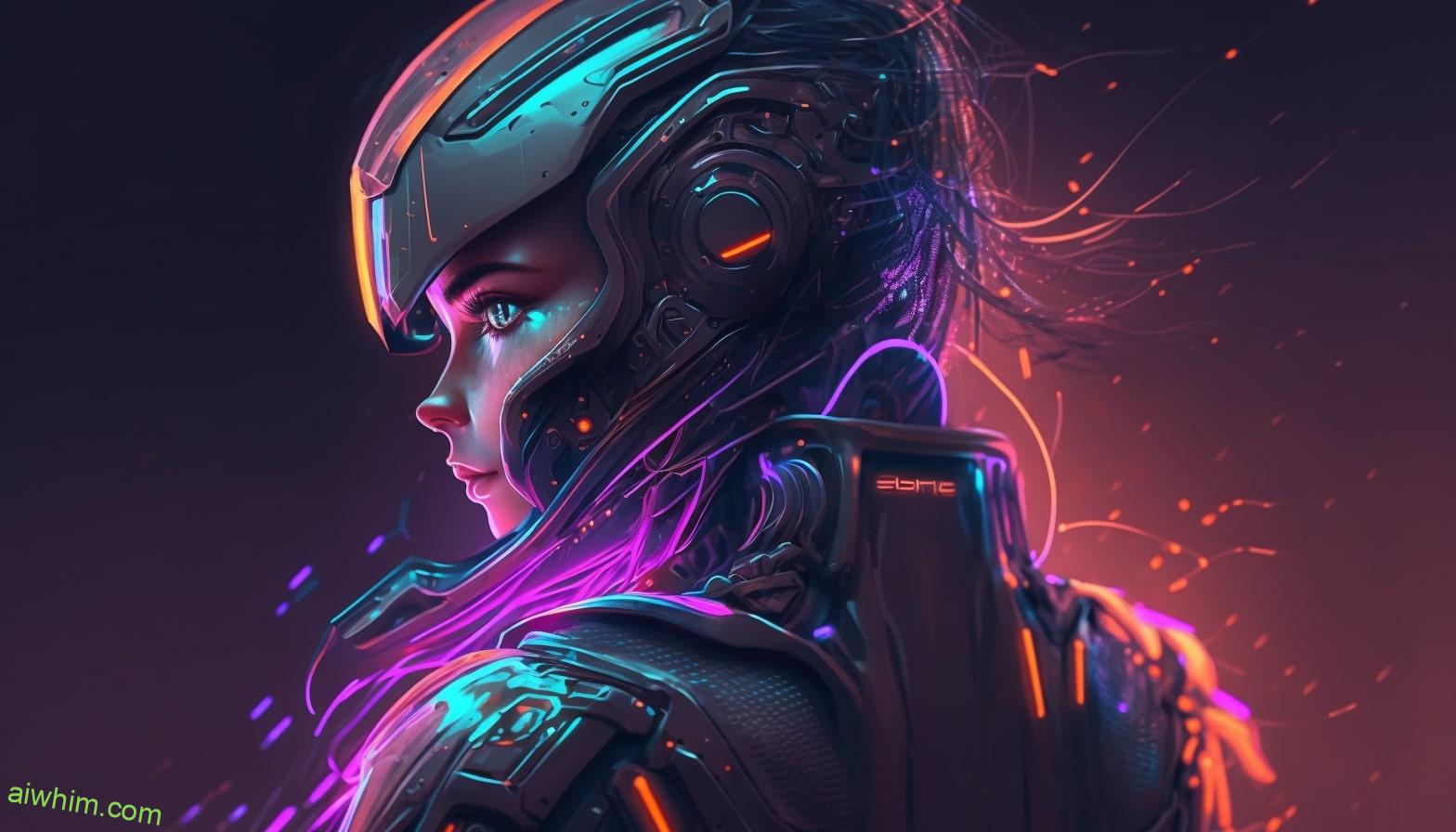
Frequently Asked Questions
How Does AI Impact the Job Prospects of Aerospace Engineers?
AI’s impact on aerospace engineering job prospects is significant. It enhances efficiency, automates tasks, and streamlines processes. AI plays a crucial role in advancements within the field, allowing engineers to focus on complex challenges while AI handles repetitive tasks.
What Are the Potential Challenges Faced by Aerospace Engineers in the Era of AI?
Are you prepared for the potential challenges faced by aerospace engineers in the era of AI? Automation concerns and evolving skill requirements may impact job prospects. Stay ahead by adapting and expanding your knowledge.
How Does AI Affect the Design and Development Processes in Aerospace Engineering?
AI revolutionizes aerospace engineering by enhancing design and development processes. It optimizes aircraft performance, reduces costs, and improves safety. With AI in aerospace engineering, you can unlock new possibilities for innovation and efficiency without losing your job to automation.
What Ethical Considerations Need to Be Addressed in AI-Driven Aerospace Engineering?
When it comes to AI in aerospace engineering, ethical considerations and the societal impact are crucial. As an engineer, you should address concerns about privacy, safety, job displacement, and potential biases in AI algorithms.
How Does AI Influence the Future of Aerospace Engineering and Space Exploration?
AI is revolutionizing aerospace engineering and space exploration. It’s enhancing aircraft design, making them more efficient and safe. AI in space exploration allows for autonomous missions and the discovery of new frontiers. Embrace this exciting future!
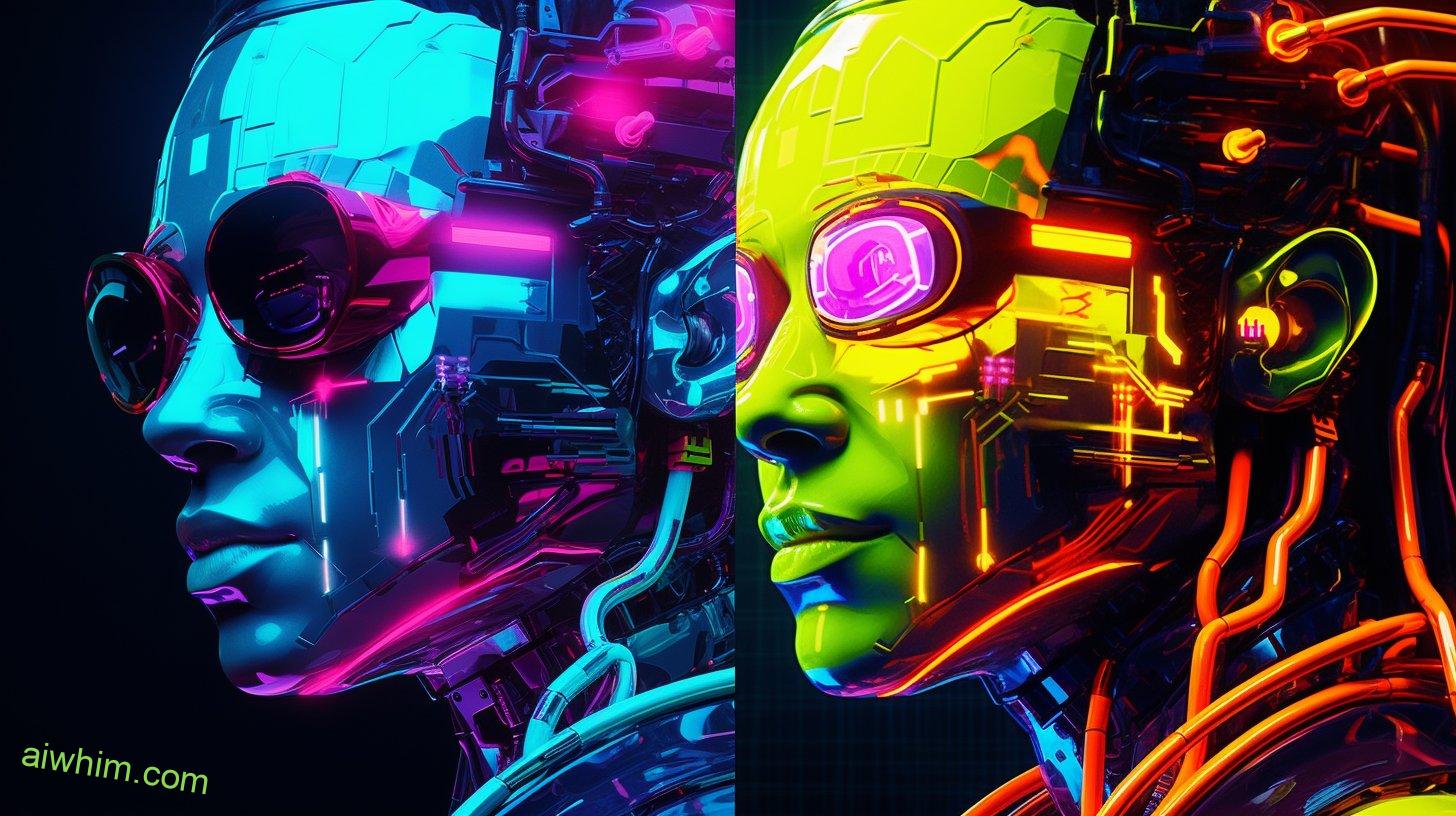
Conclusion
In conclusion, you may be wondering if aerospace engineers are at risk of losing their jobs to AI. While AI has undoubtedly transformed the industry, it is important to remember that it is not here to replace humans but rather enhance our capabilities.
By embracing AI and working alongside it, aerospace engineers can unlock new possibilities and overcome challenges in this ever-evolving field. So fear not, for with the power of collaboration and innovation, together we will soar to new heights in aerospace engineering.





